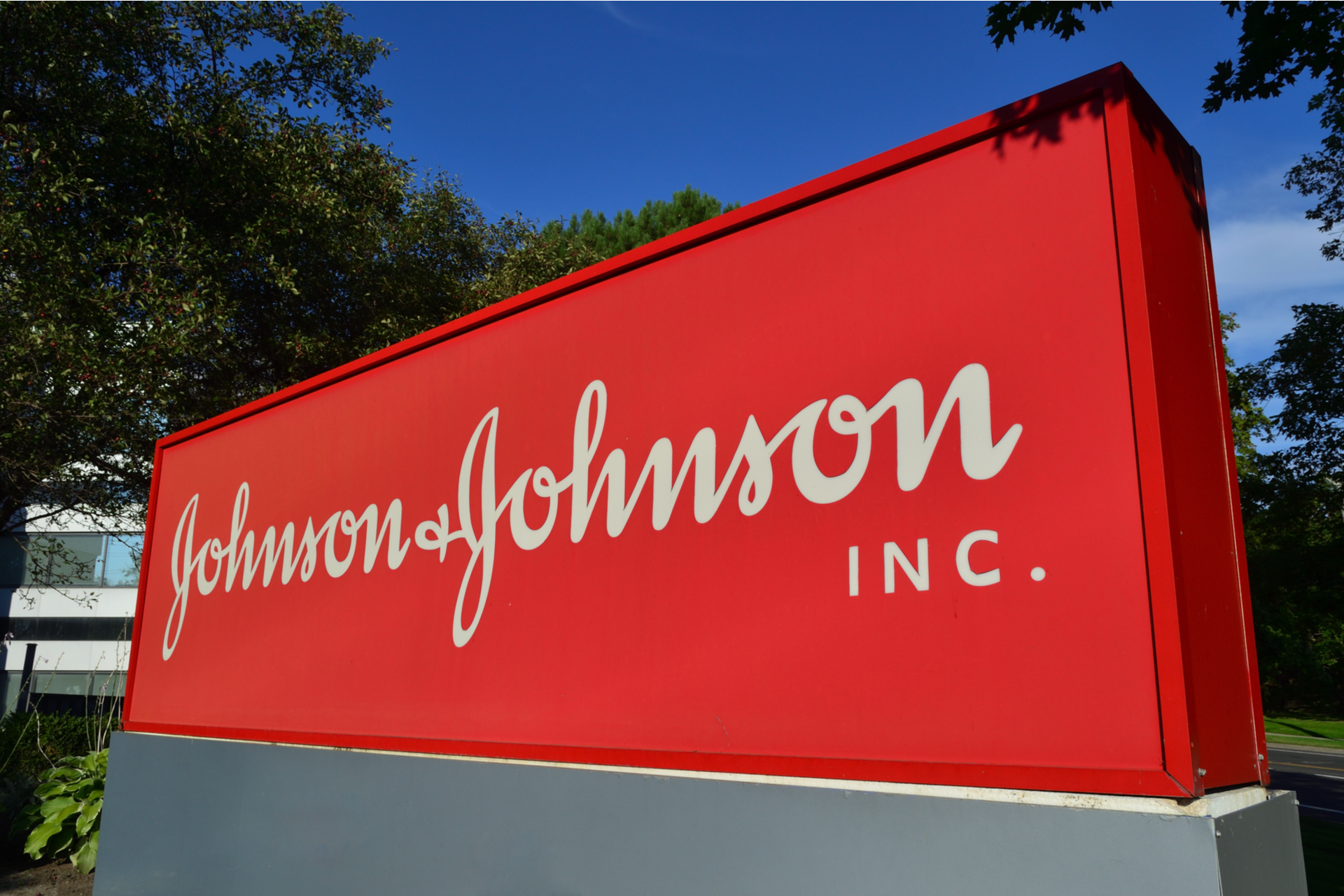Johnson & Johnson (J&J) agreed Tuesday to pay $297 million to settle claims that it fueled the opioid crisis in Texas, ensuring the state receives a faster payout than it would through the proposed $26 billion deal that aimed to settle opioid litigation across the country.

Texas Attorney General Ken Paxton stated the agreement’s terms “largely track” the proposed national settlement, in which J&J agreed to pay up to $5 billion and three drug distributors would pay $21 billion to resolve claims by states and local governments nationwide.
J&J avoided admitting wrongdoing in the deal, and in a statement said it will “continue to defend against any litigation that the final agreement does not resolve.”
Almost 3,500 lawsuits have been filed across the nation accusing various drugmakers of intentionally downplaying the addictive risks of their painkillers. Many of these also target distributors and pharmacies for ignoring red flags that the drugs were being diverted for illicit uses.
Because J&J’s national settlement is not yet finalized, the companies could ultimately pay less should it not maintain enough state and local support.
Eight other states have decided not to sign on to the deal with J&J at this juncture. Oklahoma was not part of the national settlement with J&J, as it won a $465 million judgment at trial that the company is currently appealing.
The Texas-specific deal guarantees the state will receive a payout regardless of the outcome of the national suit and on a faster timetable, with J&J agreeing to pay the $290 million by the end of 2021 rather than over nine years.
The Texas deal requires almost $268.4 million to go into a settlement fund. Paxton claimed 70% would go into an abatement fund managed by experts to address the opioid epidemic’s impacts, with 15% going to cities and counties and 15% going to the state.
“These funds will bring life-changing resources to those victimized by this tragic crisis,” Paxton said in a statement.
Another $28.56 million will go toward attorneys fees and costs, with the state receiving $7.3 million of that sum and the rest largely going to a contingency fee fund to pay representation for local governments who opt into the settlement.
The distributors previously agreed to state-specific deals in both New York and Ohio worth $1.1 billion and $808 billion, respectively. In both cases, those states were either in the midst or on the eve of trial, giving them more leverage to seek better terms.
Texas is also entitled to up to $1.2 billion from the distributors in the national settlement.
The companies claimed in September enough states supported the deal to move forward with it, and local governments have until January to decide whether to back it.
Read more articles from Haute Lawyer, visit https://hauteliving.com/hautelawyer


















